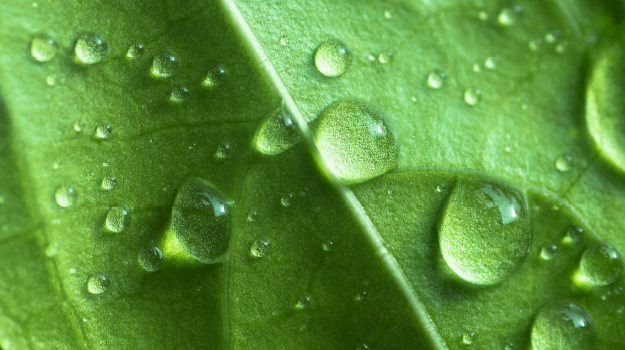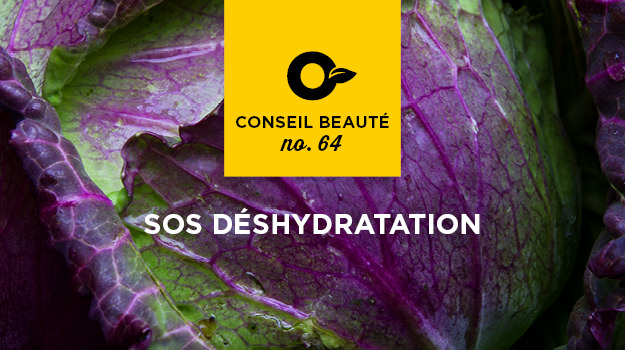
Water is a resource that must be given more and more importance, and gardening is no exception. Whether in an effort to protect the environment or to save a few bucks, there are several ways to reduce your water consumption in the garden. You can have a beautiful garden and blooming flowers while using less water.
Compost is Crucial
Soil with compost in it retains moisture, enhances fertility, and repels some weeds. Adding compost also aerates the soil, increasing the aerobic activity of various beneficial insects and bacteria. You may also use compost to mulch. A topical application around root zones will help prevent evaporation and retain water. While it does its job, compost is also further breaking down into the soil to release nutrients to plant roots.
Turf isn't the best option
As you plan your landscape, it is best to stay away from large areas of turf. This is because it requires a lot of water to keep grass green and inviting. Try a substitute such as mosses, thyme, sedge, or even red or white clover. Any of these will need less water. If you must have sod, keep it in areas with some shade during the heat of the day to prevent all the irrigated water from evaporating.
Plant Arrangement
Group plants with similar water needs together. It is not effective to have plants with different water needs in the same bed, as the frequent watering of some will lead to an overwatering of others, and vice versa. Use native plants when possible and avoid installing new plants in the heat of summer. Place plants with lower water needs the farthest away from your water source. Vegetable gardens and ornamental plants with more water needs should be in leas or sheltered locations where the wind will not dry out the beds.
Watering Time and Method
It is always better to water deeply but infrequently, rather than more often and shallowly. This is because deep watering forms nice deep roots. Water while the sun is not beating down on the plant as this causes the moisture to evaporate before plants can uptake it. Use drip systems that target specific plants. Use timers to start irrigation systems at night and allow plants to absorb moisture before the sun comes up.
Proper Maintenance Can Reduce Water Usage
The judicious use of fertilizer will help keep rampant growth down, which will help reduce watering needs. In the same way, overpruning will cause a burst of new thirsty growth, so take it easy in the spring. Mow your lawn a touch higher than you would like it. The extra growth helps retain water and reduces sunburned foliage.



